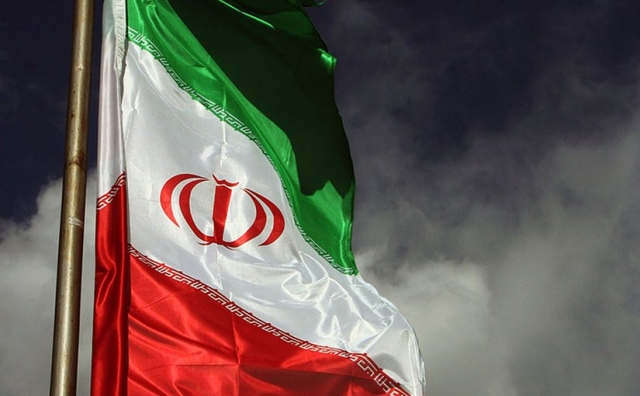According to the National Newspaper of the United Arab Emirates the imposition of Western sanctions on Iran, following the violent suppression of the "hijab protest" in the country, indicates that the hope for reviving the nuclear agreement has diminished. According to the newspaper, the European Union, Great Britain, and the United States imposed new sanctions this week on several senior Iranian officials, which increased the pressure on the Iranian regime, following the suppression of protests in the country.
Western countries imposed sanctions on 37 authorities and institutions of the Islamic Republic, including the Revolutionary Guards, for violation of human rights. This is the fourth round of sanctions by the European Union and the ninth by the United States against the Islamic Republic, since the demonstrations began last September, following the death of the young Kurdish woman, Mehsa Amini.
Tuesday’s front page: 🗞
— Jonathan Thomas (@Rocketman_Jon) January 23, 2023
Western allies slap new sanctions on Iran over 'brutal repression' #TomorrowsPapersToday#FrontPagesToday#UAE #Arabnews pic.twitter.com/TQuVP0T6FH
The Arabian experts also told the Emirati newspaper that the new European sanctions will send a "diplomatic warning" to Tehran, that the European Union is getting closer to the positions of the US and Israel, and that the hope of reviving the nuclear agreement is fading. This is significant since the EU has resisted Israeli pressures and given the benefit of the doubt to Iran over the past few years; the recent developments show that is no longer the case.
According to the Emiratis, there seems to be no incentive to revive the nuclear agreement, but the West prefers to keep all channels open to avoid escalation with Iran. At the same time, the hardening of the positions of the European Union means that it and its member states will no longer be able to fulfill the role of "mediator" between Iran and the US.
Iranian currency falls to record low amid isolation and sanctions. Panama's vessel registry, the world's largest, has withdrawn its flag from 136 ships linked to Iran's state oil company in the last four years. Reuters https://t.co/ufgF6McrRN
— Abdulkhaleq Abdulla (@Abdulkhaleq_UAE) January 22, 2023
Last week, the US Secretary of State, Anthony Blinken, stated in a conversation with his British counterpart, James Calverley, that the Iranians killed the opportunity to return to the nuclear agreement many months ago. He was also reported to have said there was an opportunity to return to the agreement and it was even approved by all parties involved but is no longer feasible. Blinken added that "today the nuclear agreement from 2015 is no longer on the agenda as a practical matter."
.@StateDeptSpox on imposing sanctions on 10 additional Iranian individuals: We are united with our allies and partners in the need to confront Iran’s leadership for its human rights abuses and destabilizing activities, which should alarm the entire world. pic.twitter.com/yZdZALVOSF
— Department of State (@StateDept) January 23, 2023
Additionally, the US National Security Advisor, Jake Sullivan, spoke with several journalists during US President Biden's trip to Mexico and made it clear that the nuclear deal with Iran is not currently in the US priorities, and that he still believes that the best way to prevent Obtaining nuclear weapons from Iran is the diplomatic way. He added that the issue will be discussed during the talks with Israeli officials, however, he did not specify the exact date of the visit to Israel.


